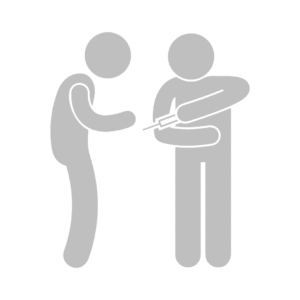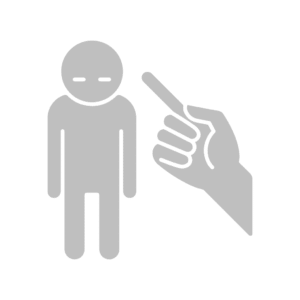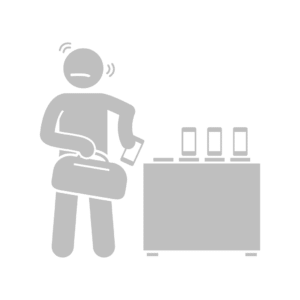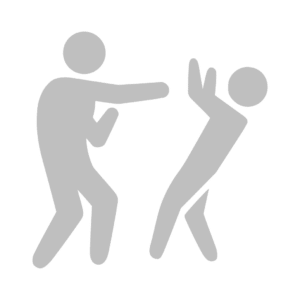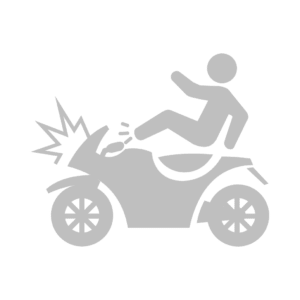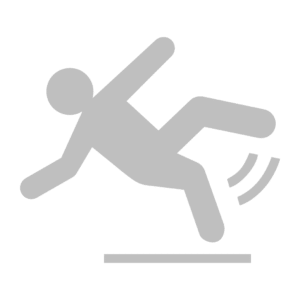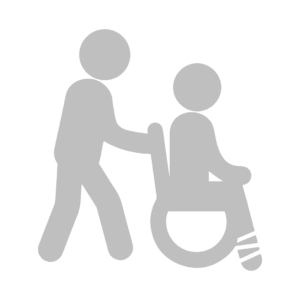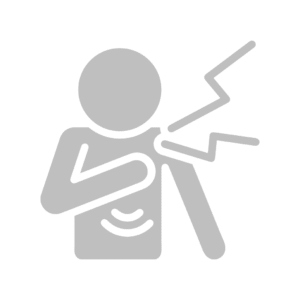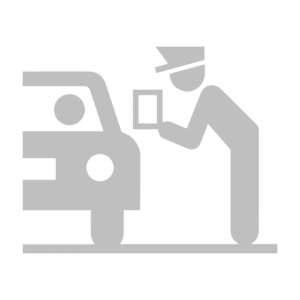Greensboro Domestic Violence Lawyer
If you have been accused of domestic violence or a 50-B protective restraining order has been filed against you, you need an experienced domestic violence defense lawyer in Greensboro, North Carolina. Domestic violence charges range from misdemeanors to felonies. Regardless of the charge, being accused of domestic violence can be life-changing.
Some prosecutors and judges feel that domestic violence can be a prelude to other violent crimes, including assault and battery, rape, manslaughter and even murder. For this reason, the courts come down hard on domestic violence. You need a Greensboro domestic violence lawyer from Schlosser & Pritchett to help you avoid conviction and any long-term consequences.
If police receive any hint that spousal abuse or violence may be involved in a domestic dispute, they will make an arrest. Once law enforcement actions have begun, they are hard to stop. Remember, the prosecution can proceed with a Domestic Violence charge even if the victim does not want to press charges.
Definition of Domestic Violence
In 1979, the North Carolina General Assembly enacted the Domestic Violence Act, Chapter 50B, to deal with the growing problem of domestic violence. This statute protects a wide spectrum of possible victims of domestic violence:
- present or former spouses;
- present or former household members;
- persons of the opposite sex who are dating each other or had dated each other;
- a person who is living with a person of the opposite sex as if married;
- children and their parents or grandparents; and
- persons acting in the role of a child’s parent.
Under this statute any act which attempts to cause or intentionally causes bodily injury is domestic violence. Any act which places a person in fear of “imminent serious bodily injury” by threatening the use of force is also domestic violence. Acts constituting first or second degree rape of first or second degree sexual offense under our criminal code are clearly acts of domestic violence.
Types of North Carolina Domestic Violence Actions
- Threats
- Intimidation
- Annoying Phone calls
- Stalking (such as following the victim to and from work, and threatening the victim)
Physical Assault or Abuse
- Hitting
- Kicking
- Biting
- Pinching
- Punching
- Hair pulling
- Beating
- Slapping
- Pushing
- Shoving
Sexual Abuse
- Unwanted sexual touching
- Forced sexual acts
- Criticizing sexual ability
Verbal Abuse
- Emotional cruelty
- Constant criticism
- Name calling
- Ignoring the victim
- Degrading remarks
- Mocking
- Taunting
- Swearing
Financial Abuse
- Refusing to pay bills
- Withholding money from victim
- Not allowing victim to work
- Not purchasing family necessities
Social Abuse
- Opening and reading victim’s mail
- Monitoring and listening in on telephone calls
- Outward jealousy and possessiveness
- Isolating the victim from family / friends
- Violating privacy rights of victim
Child Abuse
- Child endangerment charges
Potential Consequences of North Carolina Domestic Violence
Domestic violence charges may be treated as minor misdemeanors that may result in probation and/or anger management classes, or may be treated as serious felonies that may entail substantial state prison time. The severity of the punishment depends on the factors surrounding the events that may have taken place during the alleged commission of the domestic violence crime. Such factors include the seriousness of the injuries involved, the necessity of hospitalization, whether self-defense was used, prior criminal history as well as other factors including the particular courthouse’s policy on sentencing for domestic violence offenses.
Once someone is accused of domestic violence the court will most likely order an emergency protective order (valid for 10 days) keeping the defendant (you) away from the alleged victim. When you are formally charged with domestic violence, chances are your charge will be an assault charge.
A conviction will lead to a longer term protection order. The domestic violence protective order does more than keep you away from the alleged victim, it can also:
- Grant possession of a residence
- Grant temporary custody
- Restrain your proximity to certain locations
- Order you to cease certain actions
- Provide for possession of personal properties
- Order spousal or child support payments
- Award attorney’s fees
These protective orders are good for one year at which time they can be extended further.
If you violate any of the provisions of a 50-B protective order, you could be arrested and jailed. You may be held in jail without bond in a domestic violence case for many hours until the judge decides to hear your matter. You may lose your vehicle, be prevented from seeing your children, or barred from living in your home. The experienced domestic violence attorneys at Schlosser & Pritchett know how to negotiate a client’s timely release and the most favorable resolution of a 50-B proceeding.
Schlosser & Pritchett – Seasoned Greensboro Domestic Violence Lawyers
Domestic violence is a damaging crime to have on your criminal record because it will forever alter your reputation. Employers, members of the community or anyone else who may look into your background will never really know if you were innocent or just been defending yourself. Instead, they will simply be informed of the domestic violence conviction and stereotype you as a spouse beater. That is why the expert Greensboro domestic violence attorneys at Schlosser & Pritchett will work tirelessly in order to minimize the damage and do everything possible to avoid a domestic violence conviction.
Do not make a statement to any law enforcement officer before you have spoken to a lawyer who can protect you and your rights. An attorney can also discuss with you the advisability of continuing to associate with your domestic partner, spouse or girlfriend. In some cases, continuing this situation creates a serious risk.
Schlosser & Pritchett have represented both men and women in domestic violence cases. Some of our defenses may include, but are not limited to:
- Self-defense
- Whether a charge of physical violence and assault was actually reasonable contact
- Was a perceived threat just harmless “letting off steam”?
If you are accused of domestic violence, Schlosser & Pritchett we will fight tirelessly for you, represent you, and defend you against any wrongful accusations.
Call 336.292.4076 or use the convenient online form at the right of the page to submit your information, and we will contact you promptly






